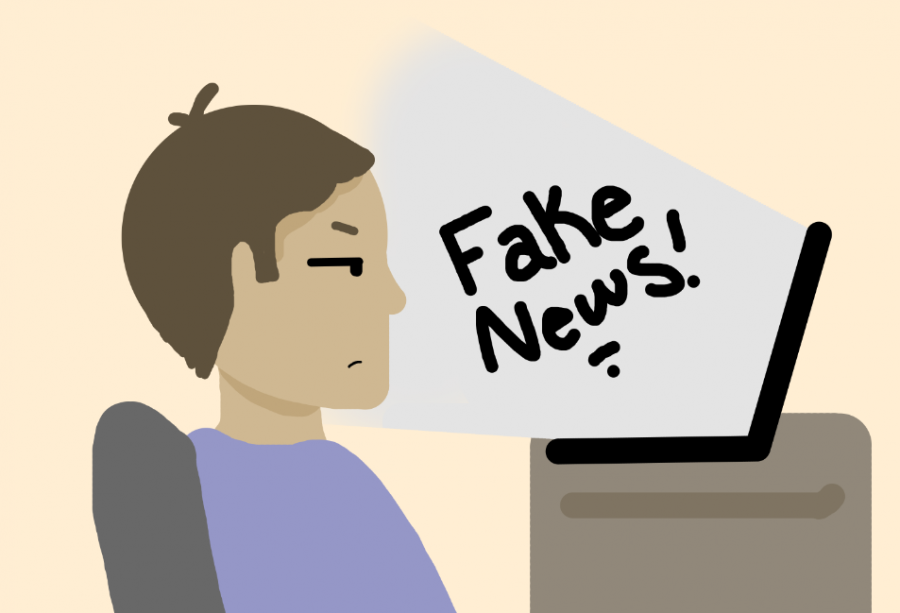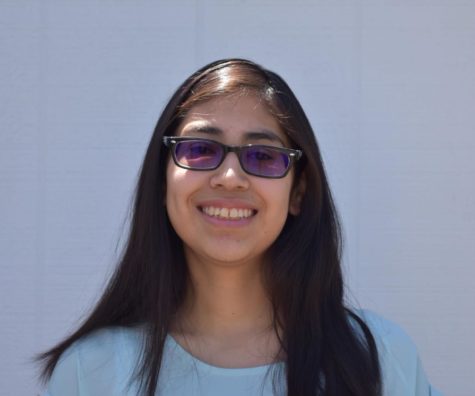WSU Tri-Cities to host virtual event about misinformation in media
People who intentionally spread false information do so to advance politically, socially or financially, speaker says
The event “Digital Dissensus: Discovering Truth in an Era of Misinformation” is part of the series “The Community Classroom: Race, Equity and Engaged Citizenship.”
October 20, 2020
WSU Tri-Cities will host an event about misinformation as part of its series “The Community Classroom: Race, Equity and Engaged Citizenship,” which aims to teach people about social issues.
Mike Caulfield, WSU Vancouver director of blended and network learning, will be speaking for the event “Digital Dissensus: Discovering Truth in an Era of Misinformation” from 4-5:15 p.m. Oct. 22 via Zoom.
Misinformation is used as an umbrella term for both misinformation and disinformation, said Mike Caulfield. False information is spread either intentionally or unintentionally.
Disinformation is false information people intentionally spread, while misinformation is unintentionally spread, he said.
People who intentionally spread false information do so to advance politically, socially or financially, Caulfield said.
Misinformation and disinformation existed before the internet, but it has become to create and spread in the online age, Caulfield said. Technology has allowed for a quicker spread, he said, people are exposed to new false claims on a daily basis, he said.
Speaking about the problem of misinformation and disinformation can have an impact on the WSU system, he said. The event is important because it provides people an introduction to the issues around misinformation and disinformation, Caufield said.
Participating in the event will help people learn about something they are not familiar with, he said. People have ideas about misinformation and disinformation that are partly correct, but they sometimes misconceptualize the broader issues.
By reaching out to people to give them better skills regarding the information they are seeing, it can help them make better decisions on the information they are spreading. This will benefit society as a whole, he said.











